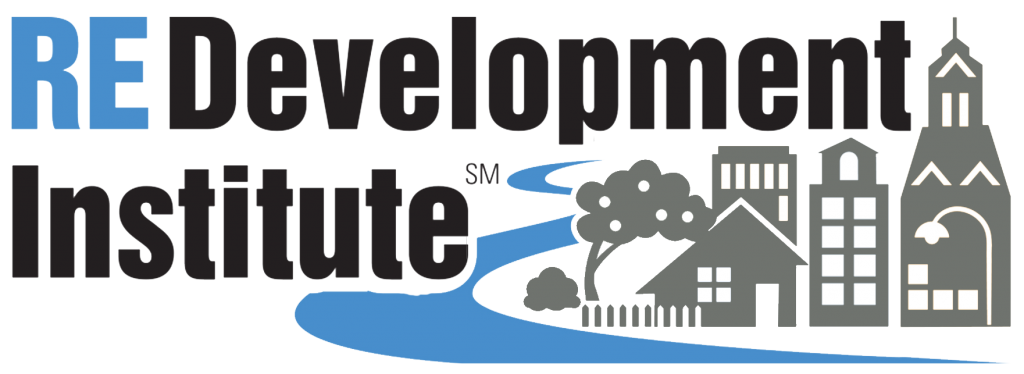As a Redevelopment Institute reader, you’re no doubt invested in the continued development and financial stability of our communities. With the health and economic challenges suddenly brought on by COVID-19, we wanted to provide some resources for those looking for ways to help. First, the Redevelopment Institute would like to highlight the efforts of Team[…]
Kim is a senior member of Critchfield, Critchfield, and Johnston, Ltd. practicing in Mount Vernon, Ohio. Kim Chairs the Ariel-Foundation Park Conservancy. He oversaw the acquisition and redevelopment of a former PPG Glass plant into a 250 acre city park. Kim is also president of the Mount Vernon Development Company, which is a non-profit corporation[…]
John A. Simon has been an environmental consultant for over 30 years, specializing primarily in remediation, and is a director at Gnarus Advisors. Before Gnarus, Mr. Simon worked at WSP Group, and predecessor companies acquired by WSP, and served on the US Board of Directors and Executive Committee. Mr. Simon has been editor-in-chief of the[…]
Michael Taylor is chairman of the Redevelopment Institute. Recognized in 2019 with a “lifetime achievement award in thought leadership in brownfields”, Michael is a leading strategist in implementing redevelopments at brownfields and superfund sites. Mr. Taylor regularly serves as project manager, facilitator and key strategist working with stakeholders to sustainably redevelop projects across the country.[…]
The White House Opportunity and Revitalization Council recently released its one-year report on Opportunity Zones, which details actions taken over the past 12 months as well as recommendations to further strengthen the Opportunity Zone program. Comprised of representatives from federal agencies and federal-state partnerships, the Council was established in December 2018 to make efficient use[…]
Final regulations governing Qualified Opportunity Funds were published in the Federal Register on January 13, 2020. They will become effective on March 13, 2020 and they address two rounds of public notice and comment. Among the new provisions is the inclusion of a brownfield as “original use” that commences with the qualified opportunity fund to[…]
Redevelopment Institute Advisory Board member and Vita Nuova president Michael Taylor was awarded a lifetime achievement award for excellence in thought leadership at the December National Brownfields Training Conference. The Center for Creative Land Recycling (CCLR), which honored Taylor and two other brownfield redevelopment practitioners, noted that awardees are “problem solvers and innovators…whose work is[…]
The Treasury Department recently finalized its regulations governing Qualified Opportunity Funds. Slated to take effect on March 13th, they serve as the rules of the road for investors and developers alike. The final regulation details how investments and their resulting gains will be treated for federal tax purposes, allowing Opportunity Fund investors to understand how[…]
In Fall 2019, EPA’s Office of Brownfields and Land Revitalization hosted a three-part RE-Development Academy Real Estate Webinar Series. The webinars covered the redevelopment process from a property developer’s perspective and the process for redeveloping a contaminated site. Key topics included: Factors that motivate or discourage development of contaminated properties How and when developers make[…]
The Urban Farm Business Plan Handbook provides guidance for developing a business plan for the startup and operation of an urban farm. It focuses on food and non-food related cultivated agriculture. The information provided is applicable regardless of whether the farm is to be operated as a non-profit or for-profit business. Details: https://www.epa.gov/brownfields/urban-farm-business-plan-handbook









